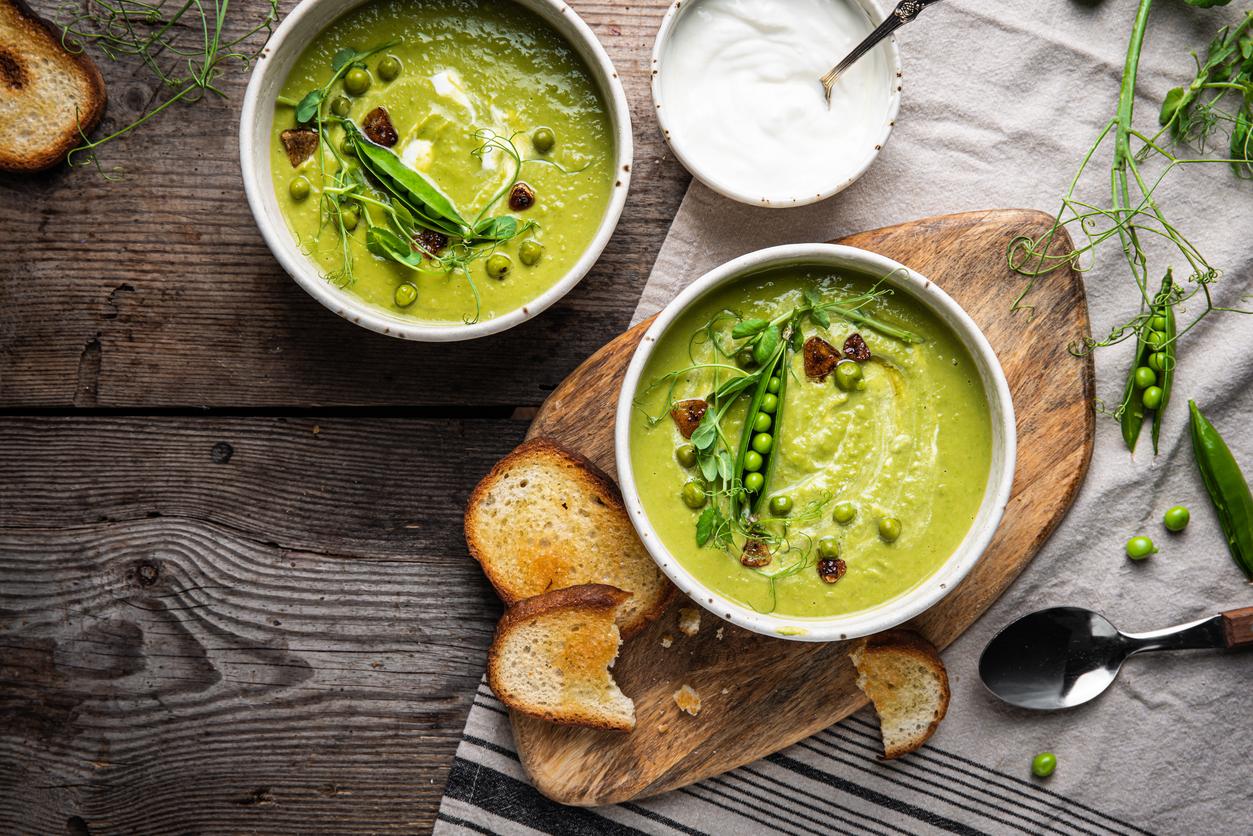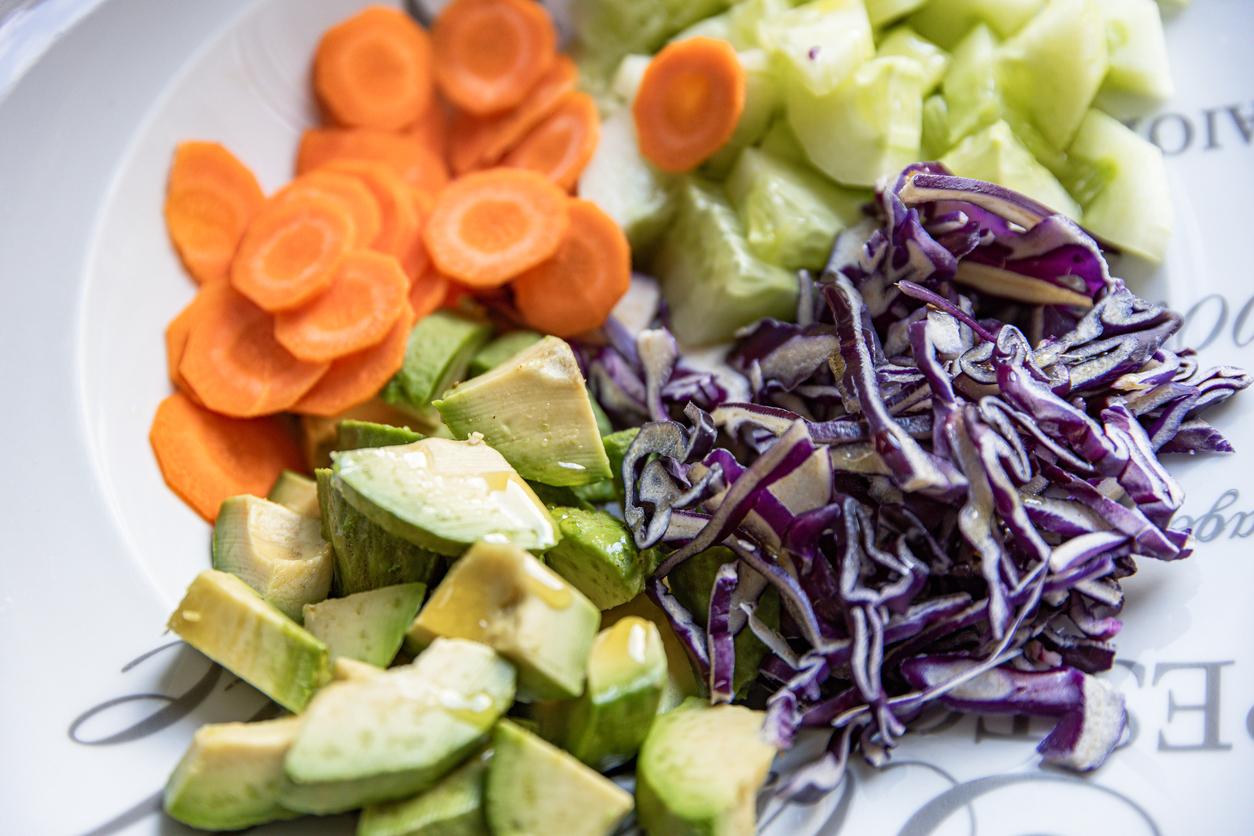
July 21, 2009 – Most vegetables lose much of their antioxidant power if they are boiled. But cooking in an electric oven, microwave or pan could preserve it and even, in some cases, increase it, according to a Spanish study. On the other hand, you must opt for cooking without fat or water.
Even if cooking in oil in a pan has not given the best results, nutritionist Josiane Cyr favors this method, which results in good tasting food. “We choose our vegetables because we like them, not because they are antioxidants! So it’s better to lose some antioxidants, but to eat vegetables more often because they are good, ”she argues.
It is the high heat of the fatty body in the pan that would harm the antioxidants, argues Monique Lacroix, food specialist and full professor at the INRS-Institut Armand-Frappier. Baking for fat coated vegetables might work better, she believes.
To preserve the overall nutritional quality of vegetables, Monique Lacroix recommends the microwave. Cooking is quick and requires little or no water, which helps retain water soluble or heat unstable elements.
Cooking with daisy (steam) could also give good results, believe Josiane Cyr and Monique Lacroix, but the authors of the present study did not test it. For those who would opt for vegetables cooked without water or fat to preserve as much antioxidants as possible, Josiane Cyr suggests adding a drizzle of olive oil, lemon juice and salt after cooking to enhance the flavor. .
Cooking eight popular vegetables
Researchers from the Spanish study evaluated six methods for cooking vegetables: boiled, in the oven, in the microwave without water, in a pan with olive oil, in a pan without oil, and by steaming. under pressure (Presto). Here are the results they obtained.
Garlic
Only the microwave oven preserves all the antioxidant power of garlic. It is very detrimental to other cooking methods, but the effect is less marked when cooking the garlic in a pan without oil.
 Eggplant
Eggplant
The best choice for eggplant is the traditional oven or the microwave, since they increase its antioxidant potential. Cooking in a pan without oil is also a good option, since the eggplant does not lose its properties. Cooking in boiling water is the most harmful for antioxidants.
 Beet
Beet
It is one of the few vegetables that can withstand cooking in steam or in boiled water. It loses a small percentage of its antioxidants, but much less than in the oven, in the microwave or in a pan with oil. However, the best way to cook beets is to use a pan without oil.
 Broccoli
Broccoli
In order not to lose any of the antioxidant qualities of broccoli, it should be baked. An oil-free pan is also a good option, but the vegetable loses some of its antioxidants.
 Cauliflower
Cauliflower
All cooking methods adversely affect the antioxidants in cauliflower, but the effect is less marked when using an oil-free pan. It is at its maximum when you boil it.
 The courgette
The courgette
Boiled or steamed under pressure, zucchini loses many of its antioxidant properties. It is less affected by cooking in the microwave, in a traditional oven or in a frying pan without fat.
 Onion
Onion
For the onion, cooking in a pan without oil is advantageous: it improves its antioxidant power. The other cooking methods reduce it slightly, and greatly if it is cooked in a pan with oil.
 The pepper
The pepper
Peppers always lose antioxidants when cooking, but it’s cooked in a frying pan without oil, in the microwave, or in an electric oven that they retain the most.
Marie-Hélène Croisetière – PasseportSanté.net
1. Jiménez-Monreal AM, Garcia-Diz L et al. Influence of cooking methods on antioxidant activity of vegetables, J Food Sci. 2009 Apr; 74 (3): H97-H103.
















